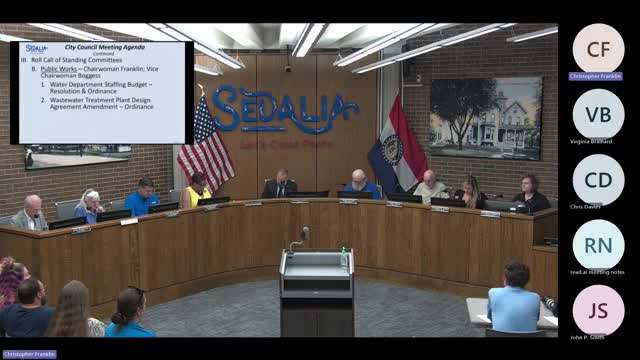Article not found
This article is no longer available. But don't worry—we've gathered other articles that discuss the same topic.
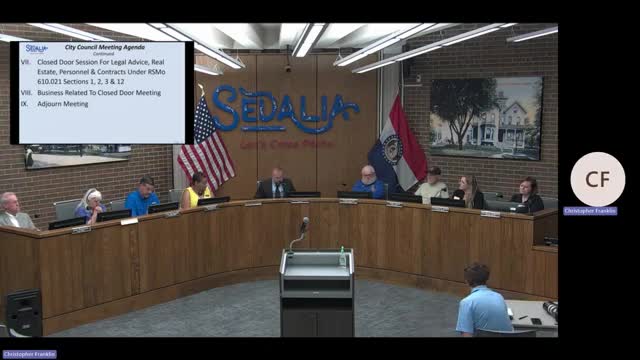
Sedalia approves sale and easements for McDonald’s site on East Broadway
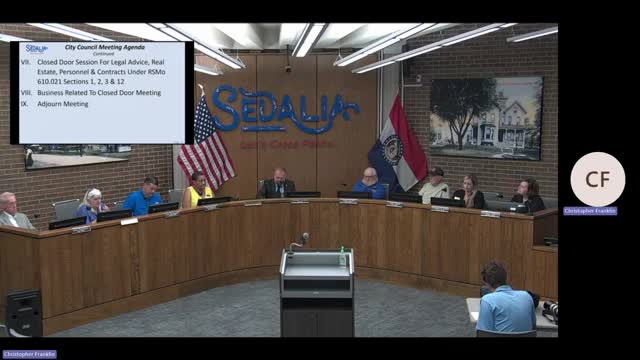
Sedalia confirms Matthew Wirt as city administrator
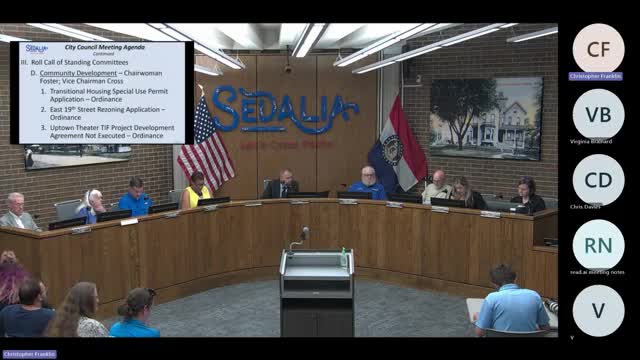
Council repeals outdated Uptown Theater TIF contract ordinance after developer never signed
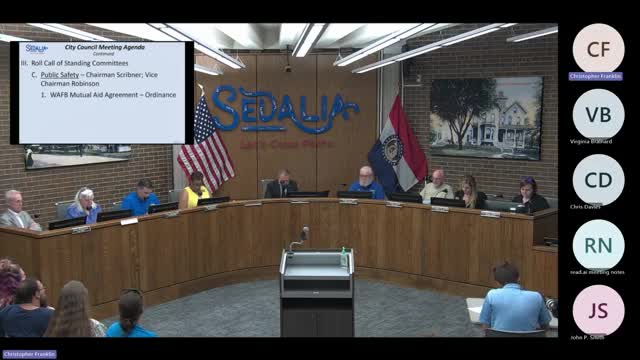
City of Sedalia approves updated mutual-aid agreement with Whiteman Air Force Base fire department
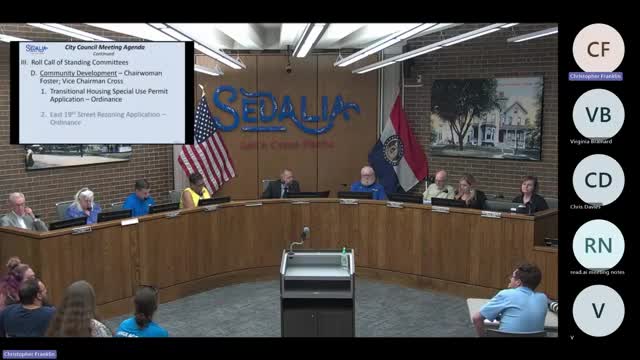
Rezoning request for property west of 813 E. 19th fails final council vote
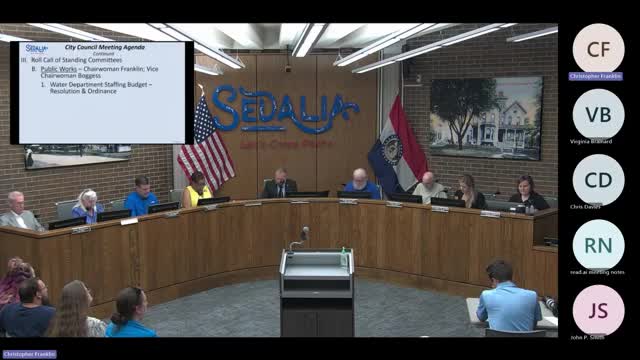
Sedalia approves hiring two water-department staff, moves funds to cover positions
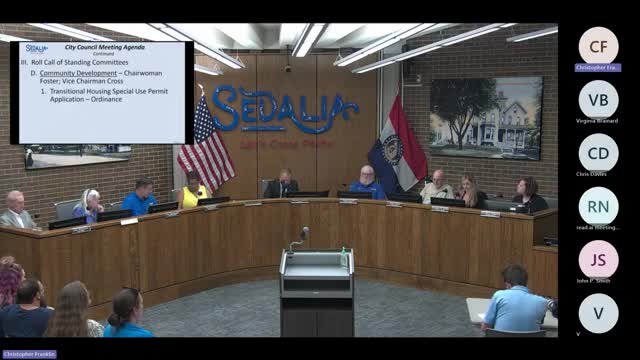
Sedalia council denies special-use permit for Recovery Lighthouse transitional housing at West 10th Street
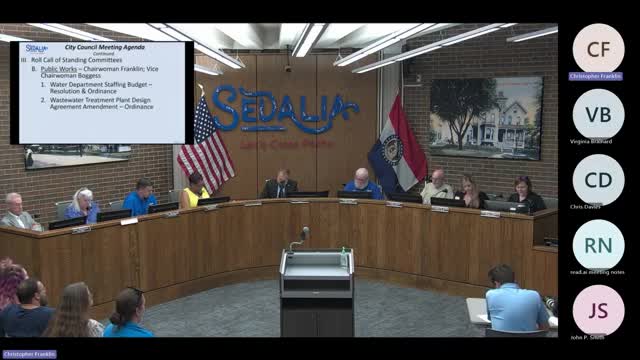
Sedalia council approves $1.2 million budget amendment for fire station and training center
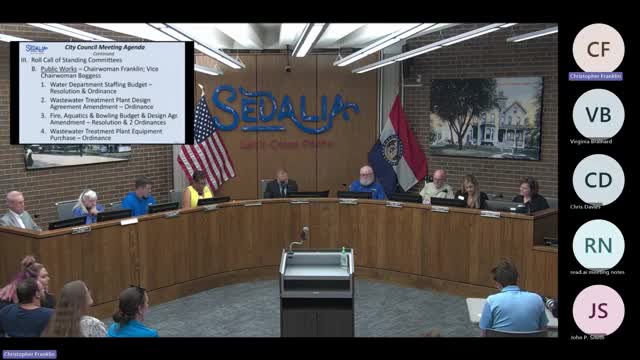
Sedalia approves emergency purchase of solids belt press to replace rental unit
